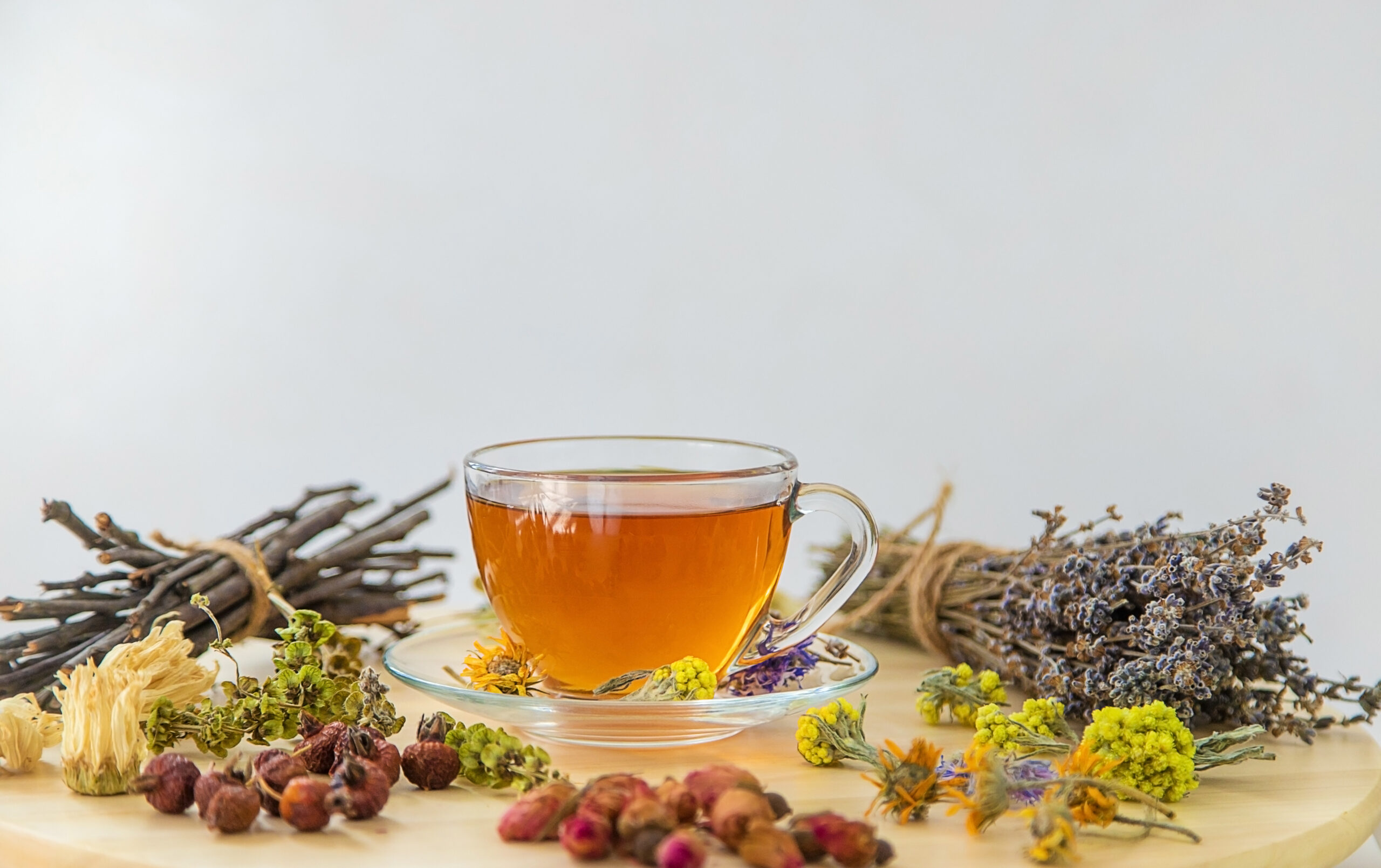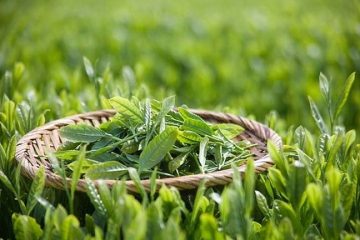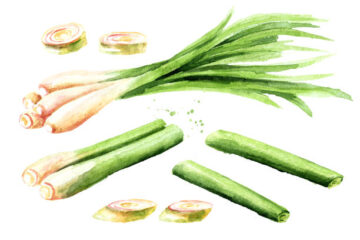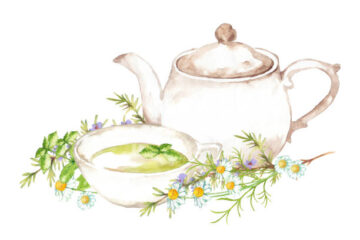For many individuals, the utilization of plants to enhance health and combat ailments is of great interest. Hence, I am thrilled to share that I have recently completed a Medicinal Plants Certificate Program from Cornell University, not only to expand my own knowledge but also to impart some of the valuable insights gained from the course with you. The program was intensive and rooted in scientific evidence, facilitated by PhD experts in the fields of biology, chemistry, and ethnobotany. These dedicated scientists devote their efforts to studying and conserving plants from various corners of the globe, plants that have served humanity’s well-being for millennia. Remarkably, the World Health Organization estimates that approximately 80 percent of the global population relies on plants as their primary source of healthcare. Notably, many contemporary pharmaceuticals derive from plants enriched by traditional wisdom passed down by indigenous communities.
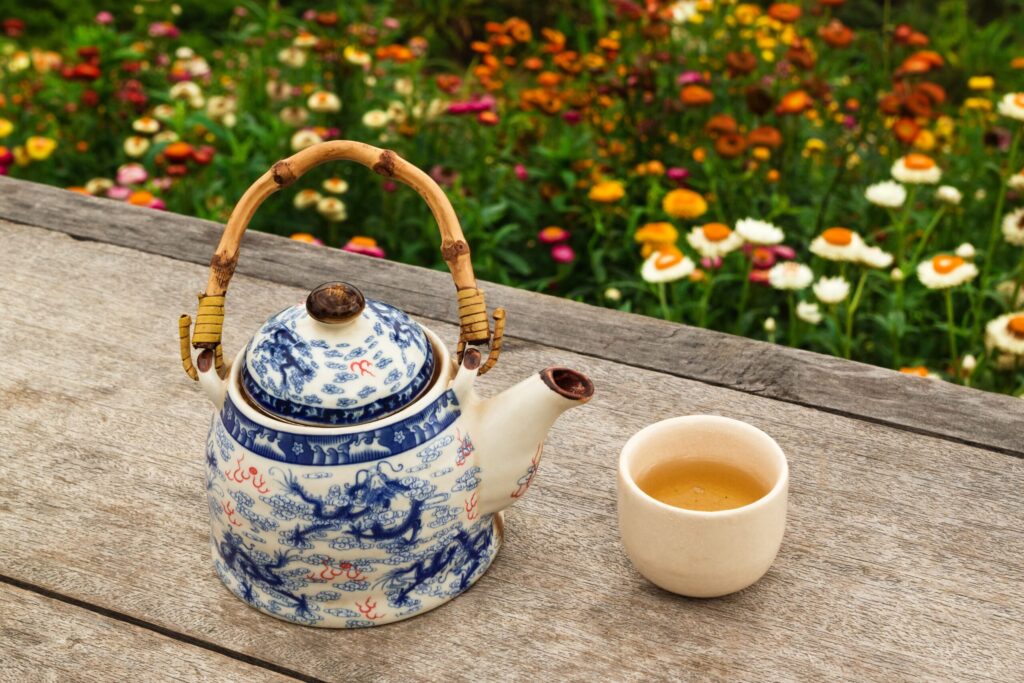
teasoha
The program was structured into six distinct learning modules: Historical Applications of Plant-Based Medicine; Plants for Muscles, Bones, and the Reproductive System; Plants for Mental Health and Pain Relief; Plants to Enhance Cardiovascular and Respiratory Health; Plants for Improving Digestive Health and Skin Health; and Strengthening Immunity with Medicinal Plants. My intention is to delve into numerous of these topics in subsequent writings.
Immunity Enhancement & Wellness Herbal Teas
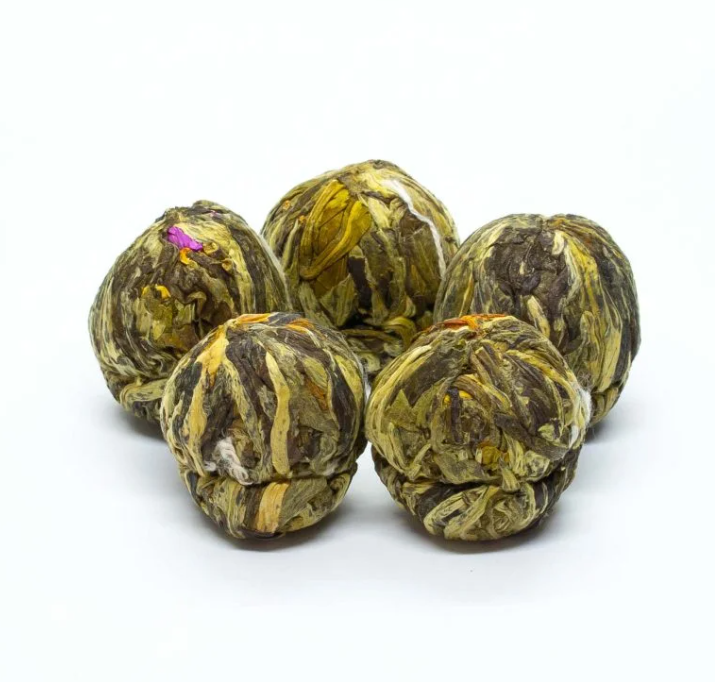
Let’s initiate with one of the fundamental aspects of good health – the immune system. Our immune system is a complex defense mechanism that safeguards against a multitude of pathogens, thereby upholding our well-being. Certain plants harbor chemical compounds that interact with our bodies to fortify our immunity and deter diseases. The following plants have been utilized for millennia in traditional Chinese medicine, Ayurveda, or by indigenous populations worldwide, including Native Americans. Despite their natural origins, these remedies may interact with concurrent medications, hence it’s advisable to consult with a healthcare professional before incorporating them into your routine.
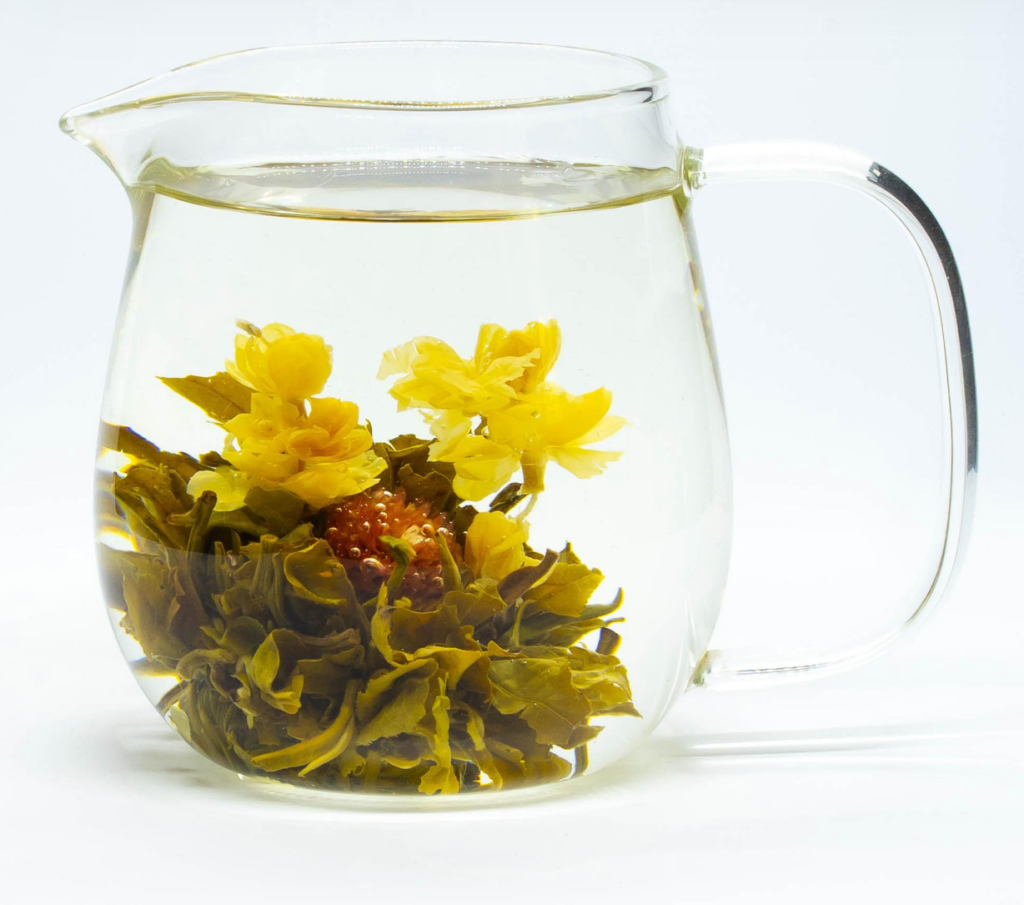
Ashwagandha stands as a cornerstone herb in Ayurveda, cherished for its immune-boosting properties and therapeutic effects on a diverse array of health issues. As an adaptogen, ashwagandha contains withaferin, a compound attributed to many of its beneficial attributes. Research suggests that ashwagandha may alleviate anxiety, depression, stress, and inflammation, in addition to regulating blood sugar levels and enhancing cognitive function. Encouragingly, there is promising research regarding its potential in cancer prevention.
Astragalus, known as Huáng Qí in traditional Chinese medicine, has enjoyed centuries of usage for its immunity-boosting properties, as well as its anti-aging and anti-inflammatory effects.
Echinacea, indigenous to North America, may fortify the immune system, aiding in the fight against infections and facilitating a speedier recovery from illness.
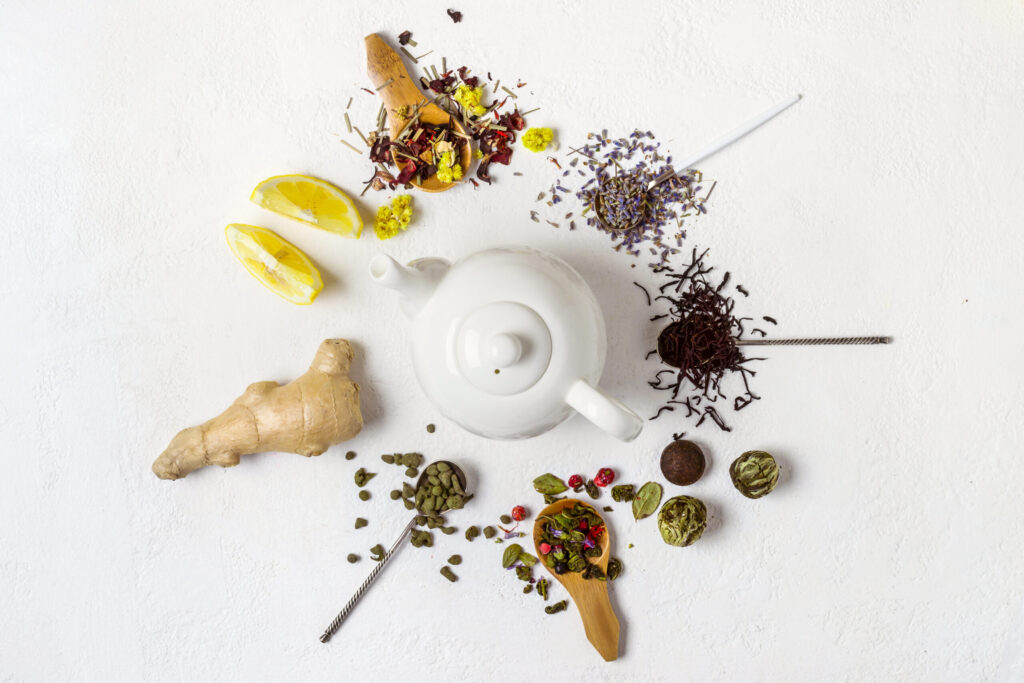
teasoha
Ginger, a potent botanical agent, boasts an array of beneficial effects such as immunity enhancement, anti-inflammatory properties, blood sugar regulation, and alleviation of gastrointestinal discomfort. Gingerol, its primary compound, is responsible for its medicinal actions.
Ginseng holds a venerable status in traditional Chinese medicine, with centuries of utilization. While various species exist, American ginseng (Panax quinquefolius) and Asian ginseng (Panax ginseng) are predominant, laden with antioxidants. The active components, ginsenosides, and gintonin contribute to energy augmentation, stress reduction, blood sugar regulation, and inflammation alleviation.
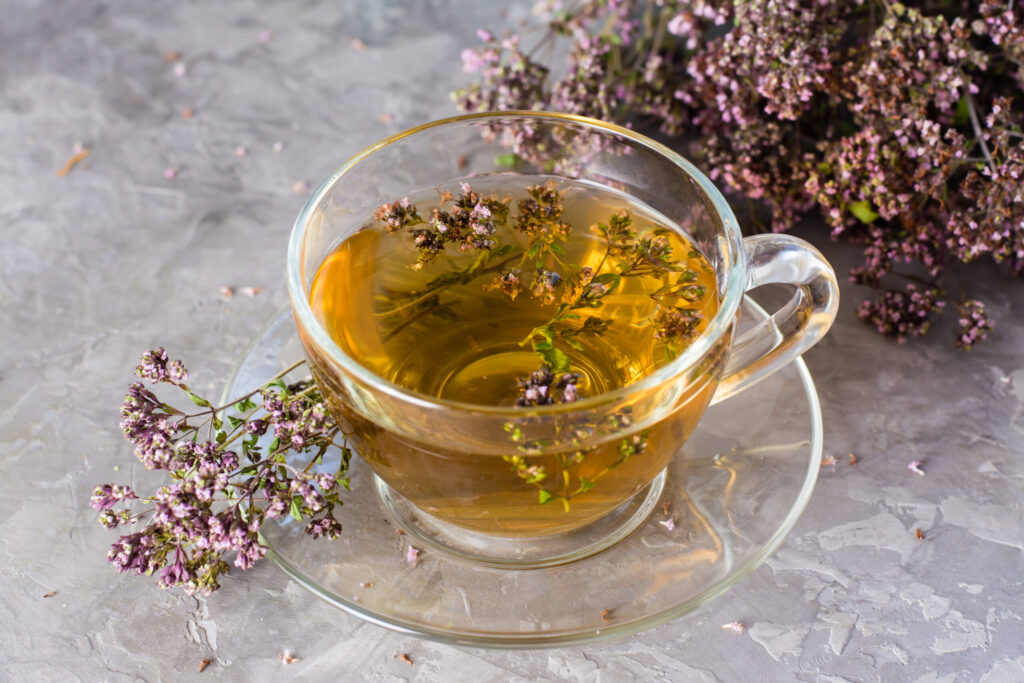
teasoha
Gotu kola finds widespread use in Ayurveda and traditional Chinese medicine, featuring properties that may enhance memory, antimicrobial activity, diabetes management, anti-inflammatory effects, and anxiety reduction.
Holy basil, native to India, has been employed for millennia to address diverse ailments. Renowned as an adaptogen, holy basil or tulsi is esteemed for its immune-stimulating capabilities, anxiety and depression reduction, blood sugar regulation, and digestive aid.
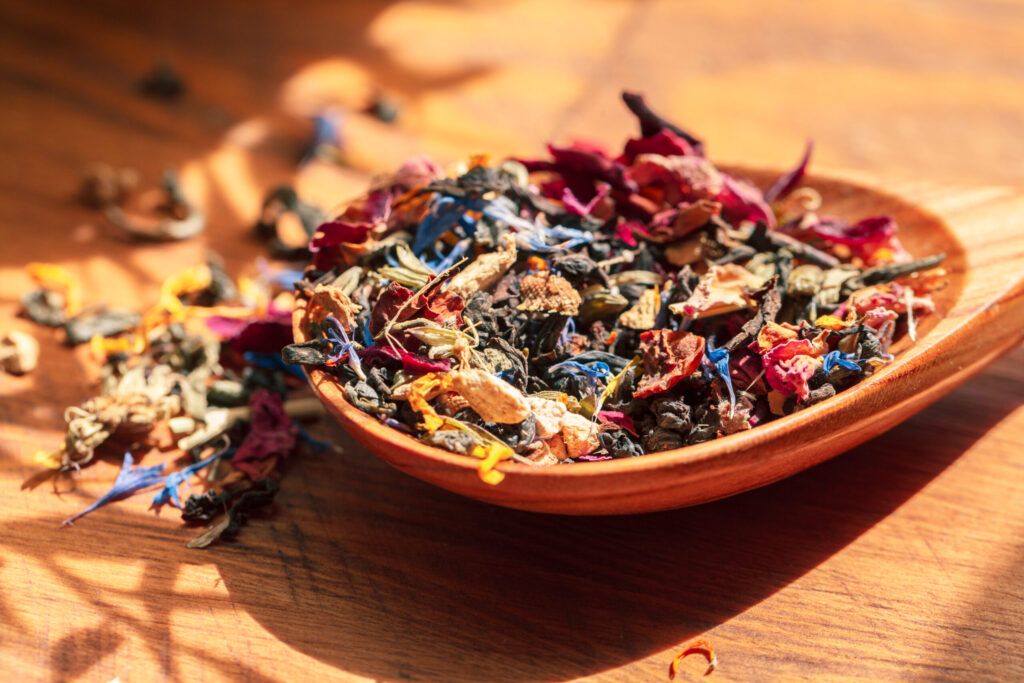
teasoha
Turmeric, a staple in Ayurveda and Indian cuisine, contains curcumin, primarily responsible for its immune-boosting and anti-inflammatory actions. Notably, curcumin’s absorption is enhanced when combined with black pepper, which contains piperine.
Lastly, tea! Tea is enriched with polyphenols, a class of antioxidants present in all varieties. Antioxidants play a pivotal role in combating free radicals that induce bodily harm and contribute to health issues. Tea consumption may facilitate weight loss, cholesterol reduction, and cognitive enhancement. Scientific research indicates that consuming wellness teas, particularly green tea, may fortify the immune system, alleviate inflammation, and mitigate the risk of cancer, heart disease, diabetes, and neurological deterioration. These potent antioxidants have undergone extensive research, demonstrating remarkable potential in safeguarding the body against ailments, aging, and various detrimental factors affecting our health.
I trust that this information proves beneficial and encourages you to delve deeper into the remarkable gifts of nature that have the potential to enhance your health and quality of life. While there are numerous other plants with medicinal properties, the list provided here is already extensive. I highly recommend exploring the wealth of scientific research on these and other botanicals to enrich your understanding. Feel free to share your experiences with medicinal plants with us. We are delighted to offer many of these potent plants, all of which are organically sourced. You can find them hyperlinked above or explore our website for further information. Wishing you enduring health and tranquility always.
